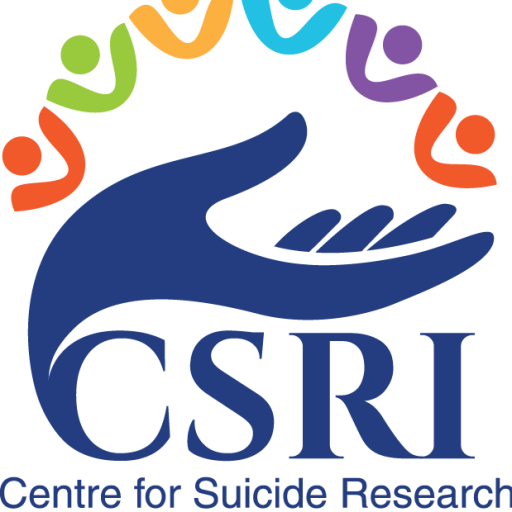Practical Strategies for Building Support Systems:
Building and maintaining support systems for overcoming self-harm requires intentional effort and ongoing communication. Here are some practical strategies to consider:
Reach out for help:
It’s common to feel hesitant or ashamed about seeking help, but reaching out is a crucial step towards recovery. Trusted individuals, such as close friends, family members, or mental health professionals, can offer support, guidance, and resources to help you navigate through difficult times. Remember, you don’t have to face self-harm alone, and seeking help is a sign of strength, not weakness.
Communicate openly:
Open and honest communication is essential for building strong support systems. Be willing to share your struggles with self-harm with trusted individuals and express your needs and feelings openly. By communicating openly, you allow others to understand your experiences better and provide the support and validation you need.
Set boundaries:
Establishing clear boundaries with friends and family members is crucial for ensuring that your support system remains supportive and respectful of your needs. Clearly communicate how others can best support you while respecting your autonomy and privacy. Setting boundaries helps maintain healthy relationships and ensures that your support system remains beneficial to your recovery journey.
Educate yourself:
Knowledge is empowering, so take the time to educate yourself about self-harm and available resources for recovery. Learning more about the underlying causes of self-harm, common triggers, and effective coping strategies can help you make informed decisions about your healing journey. Additionally, understanding self-harm can reduce feelings of shame and stigma associated with the behavior.
Practice self-care:
Self-care is essential for promoting physical, emotional, and mental well-being. Prioritize activities that nurture your body, mind, and soul, such as regular exercise, mindfulness meditation, journaling, spending time in nature, or engaging in hobbies you enjoy. Self-care helps reduce stress, improve mood, and enhance resilience, making it easier to cope with difficult emotions and triggers.
Celebrate progress:
Recovery from self-harm is a journey filled with ups and downs, so it’s essential to celebrate your progress along the way. Acknowledge and celebrate small victories and milestones, no matter how insignificant they may seem. Whether it’s resisting the urge to self-harm for a day, seeking help when needed, or practicing healthy coping skills, every step forward is worth celebrating and serves as a testament to your strength and resilience.
Overcoming self-harm is a challenging journey, you should take it one step at a time. Building and nurturing support systems can provide the strength, encouragement, and resources needed to navigate through difficult times and move towards healing and recovery. Remember, reaching out for help is a sign of strength, and there is hope for a brighter future beyond self-harm.

